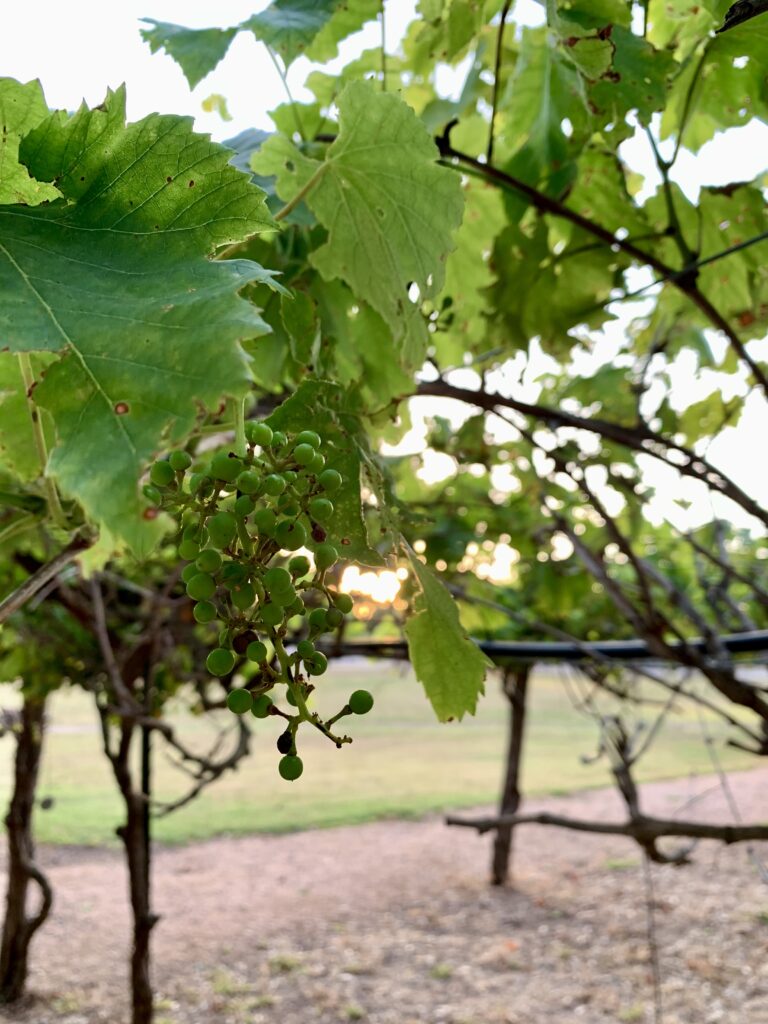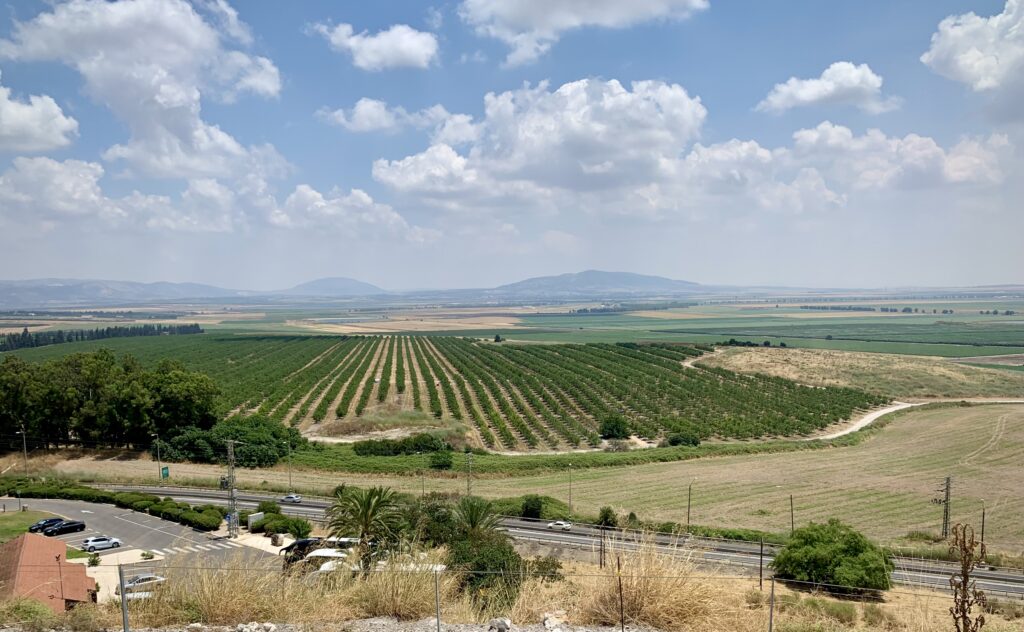"He went on to tell the people this parable: 'A man planted a vineyard, rented it to some farmers and went away for a long time. At harvest time he sent a servant to the tenants so they would give him some fruit of the vineyard. But the tenants beat him and sent him away empty-handed." (Luke 20:9-10 NIV)
I started a fiction book before bed last night and it opened with a quote about the eight hundred grapes required to make just one bottle of wine. I don’t partake, but that thought stuck in my mind. Wine is extraordinarily costly! I woke up this morning still considering it. Every bottle of wine is a result of someone’s tremendous investment.

I had previously read that from initial grapevine planting to bottling required a full five years. Winemaking isn’t only expensive, it’s also a slow and tedious endeavor. These facts put Jesus’ parable told to the priests into perspective. Saint production is even slower than wine production. And yet, God makes the investment and waits patiently. He put forth all the capital, hires tenants and expects a return.

It seems the priests forgot their purpose. They lost sight of God’s underwriting and appropriate expectation. They had grown fat on the vine and accustomed to their temporary position – so much so that when the son of the Landowner returned to inspect their work they were insulted and moved to manslaughter.
In their pride, they believed that the vineyard and wine belonged to them. They counted their long hours tending to the Temple and justified their coup. They dismissed the fact that harvest was only possible because of the initial investment of the Benefactor.
It would seem that vinedressers and farmers and cattle ranchers and ordinary people still fall prey to this ideology. We do a few things over the short term: plant a field, earn a degree, learn a trade, begin a business, start a family. And then we take ownership of it, as though the blessing we are reaping is all of our own accord.
How quickly we lose sight of the myriad of factors outside our control: weather, intellect, conception, the death and resurrection of seed beneath soil. We forget that the life we are building has actually been strung together by a series of miracles we can hardly comprehend, let alone recreate. God is the landowner and we are the tenant. When He comes along expecting a return, how can we in good conscience refuse Him?
Ultimately, this scripture is about souls, not fruit. The Father went to great lengths to save people. In His parable, Jesus reminds us: winemaking is a financial and physical undertaking. It is ludicrously expensive. The Kingdom, even more so. Salvation is completely out of reach except for the generous investment of our benevolent God. He envisioned it: long ago, He bought the land and set up the priesthood and put people in place to produce a harvest. He graciously invited man to participate in the process, but the vintage ultimately belongs to Him. He is the Landowner and Investor. His name will go on the label.
"The earth is the Lord's and all who live in it; for He founded it on the seas and established it on the waters." (Psalm 24:1-2 NIV)
O Lord, forgive us. We put forth a little sweat equity and exert ownership. How misinformed we become. Today we recognize Your investment, Your plan and Your proprietary rights. We surrender to whatever it is You long to produce. Thank You for inviting us to participate. May we gladly contribute to Kingdom harvest. Amen.